If you are someone who has been into gardening, you’d have heard the word “hydroponics” being thrown around casually. It’s time we dig deep and understand the nitty-gritty of it all.
- What Is A Hydroponics System?
- Background of Hydroponics and its Trend
- Advantages of Hydroponic Gardening
- Conserves Water
- No Soil Usage
- Saves Space
- Requires Zero Pesticide Use
- Elevates Plant Growth
- Produces Healthier Plants
- Gives Better Yield
- Break Dependency On Growing Season
- Reduces Supply Chain
- Requires Less Labour
What Is A Hydroponic System?

The hydroponics system uses a unique technique for growing plants that don’t involve soil. Instead, nutrient-rich water is used as a substitute. The nutrients added to the water depend on the plants being grown and may contain nitrogen, calcium, phosphorus, etc. The water solvent also contains fertilizer solutions.
If you’re thinking it’s some far-fetched technology, it isn’t. Hydroponics gardens are in vogue and have been the talk of the town for quite some time.
Background Of Hydroponics & Its Trend

Even though hydroponics as a concept has started trending recently, it’s not a new concept. Francis Bacon’s Sylva Sylvarum: Or A Natural History In Ten Centuries, published in 1627, is the first modern book that talks about the soilless growth of plants.
This was followed by a lot of experiments and improvements. It was even used in WWII when Pan American Airways decided to establish a hydroponic farm on Wake Island. Today, hydroponics is in vogue because COVID-19 catalysed the interest in organic, nutrient-rich growth of plants at home and for all the right reasons. Let’s understand its benefits.
Advantages Of Hydroponic Gardening
There are many vegetables you can grow hydroponically, but before you decide what to grow, here are some benefits of hydroponic gardening over traditional gardening.
1. Conserves Water

Hydroponic plants consume 98% less water than what is used in traditional growing methods. In a world that is predicted to live in water-stressed times by 2030-2035, hydroponic systems come as a sigh of relief. Since this system makes use of recirculated water, it makes the plants absorb whatever water they need (0.1% of the total water) and return the rest to the system.
2. No Soil Usage

We all know how high-maintenance certain plants are! They need a particular soil type to thrive. This restricts traditional farmers, allowing them to grow only those crops that suit the soil varieties available in their area. With hydroponic plants (because the soil isn’t used), one can grow whatever plants/crops one wants to. And since there’s no soil, issues like soil erosion, compaction, and nutrient degradation automatically get solved.
3. Saves Space

When the plants are grown in a soil medium, their roots spread to look out for water and nutrients. However, a hydroponic system is filled with nutrient-rich water already. Therefore, the space it consumes is much less when compared to traditional growing methods. This has made it easier for people with space constraints to grow their food hassle-free. Apart from this, you could also have a vertical hydroponics garden to save space.
4. Requires Zero Pesticide Use

Since hydroponics gardens are tightly controlled, the conditions are not favourable for weed growth. And since the chances of weed growth are low, the use of herbicides is limited. Not only this, most hydroponic plants grow indoors. Because of this, the pest attack is negated too. Thus, pesticides and other chemicals are not needed. This makes the hydroponic system a hit among gardeners.
5. Elevates Plant Growth

Hydroponically grown plants have the perfect environment and nutrients to grow since almost everything is controlled. There is absolutely nothing that can slow their growth - no weeds, no pests, no soil issues, no watering issues, and likewise. Because of this, plants grown in hydroponic systems tend to grow up to 50% faster which is a big number to consider.
6. Produces Healthier Plants

Just like a stress-free life helps humans grow better, a stress-free environment helps plants grow better. In a hydroponic system, there’s no soil; therefore no question of soil-borne diseases. The plants grow indoors; therefore no pest attack. There are no weeds; therefore no use of chemicals to treat. Eliminating all this helps the plants focus on growing rather than fighting the external factors.
7. Gives Better Yield

Since hydroponic plants need just about a small space, hydroponic systems give better yields. Furthermore, there are certain fruits and vegetables that are super easy to grow and also grow in less time than what it takes with traditional methods. Also, since the indoor conditions are perfect for round-the-year growing, they can be harvested over and over.
8. Break Dependency on Growing Seasons

Since one has total control over the environment - light, temperature, humidity, air composition and more - growing off-season fruits and vegetables isn’t an issue. You could have winter fruits and vegetables in summers and vice versa - all organic with 100% nutrients. No more unsettled cravings and no more tasteless produce is the ultimate benefit of having a hydroponic garden.
9. Reduces Supply Chain

In areas with unfavourable growing conditions, unripe fruits and vegetables are stored in stores so they can mature over a period of time. This chain of supplying the produce from a location where they are favourable to another takes time, resources, and energy. This can be eliminated with these hydroponic systems.
10. Requires Less Labour

With no stress of weeding, herbicide/ pesticide/ insecticide application, tilling, and watering, the ease of growing plants hydroponically increases exponentially. Thus, less labour is required as there is no farm-extensive work to be managed.
That’s all about hydroponic systems and their benefits!
If you want to try growing some plants hydroponically, get started today.
Here’s the list of vegetables that are perfect for beginners to grow hydroponically. Hope this helps you have your dream hydroponics garden.
Here’s wishing you good luck!


 Sign In
Sign In








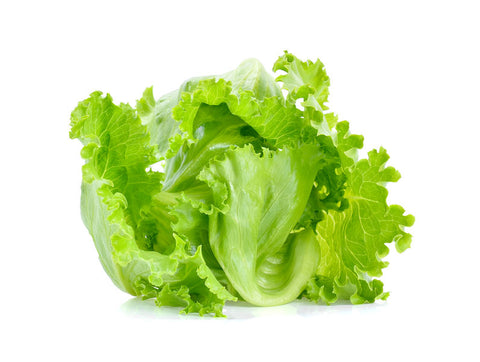
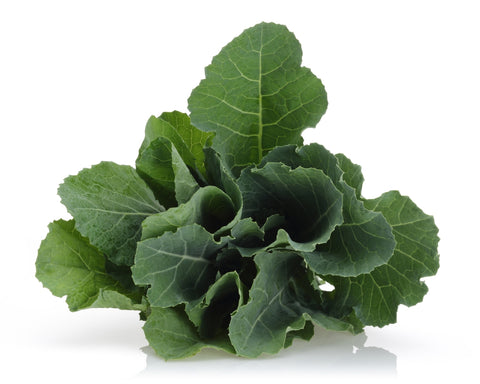
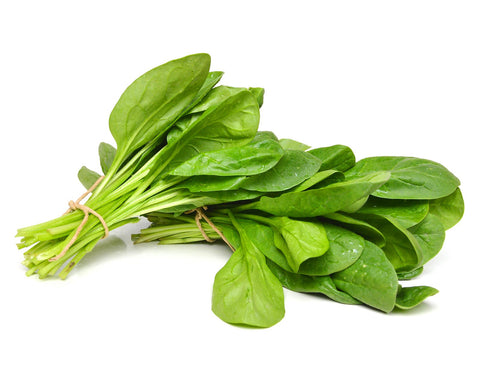
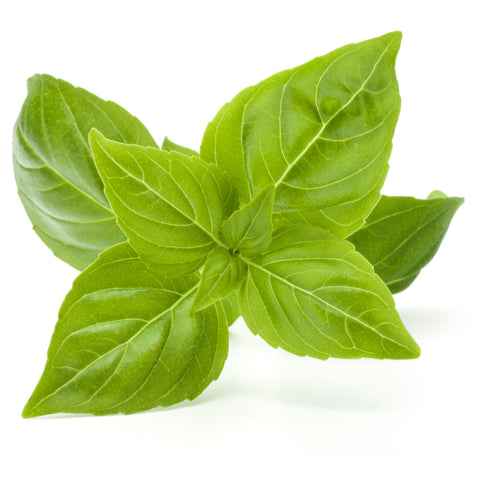
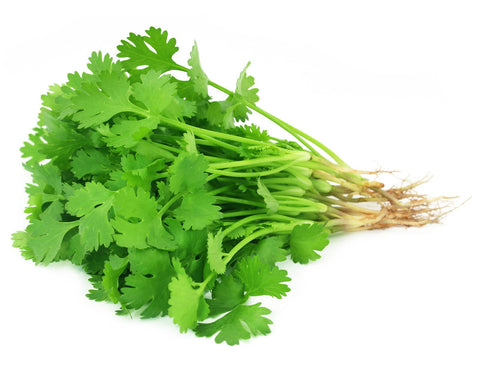











Let us know your feedback
* Comments must be approved before being displayed.